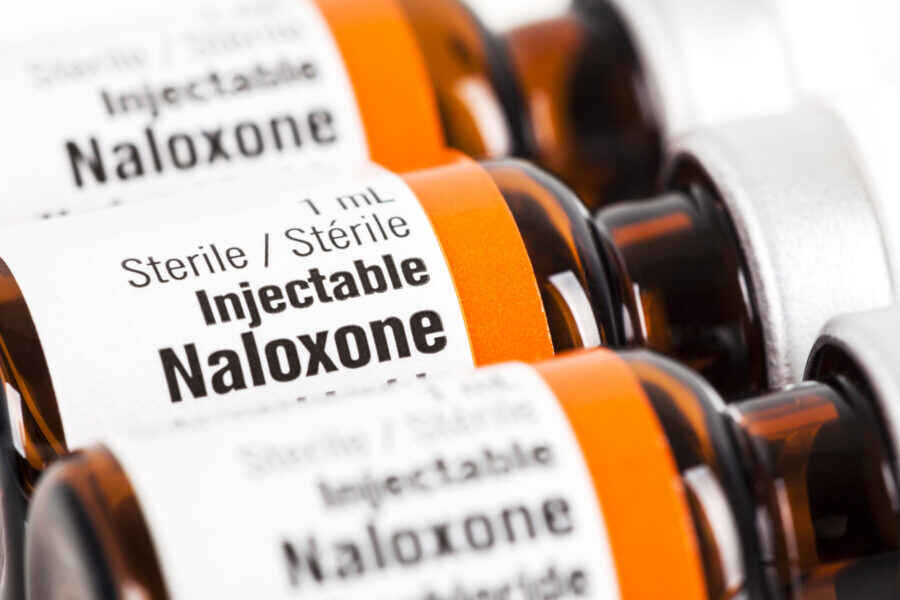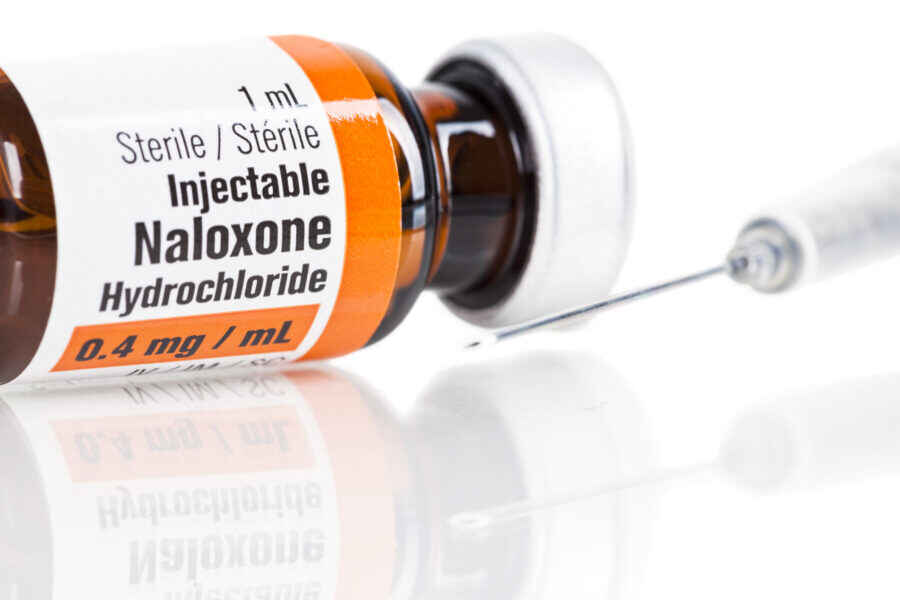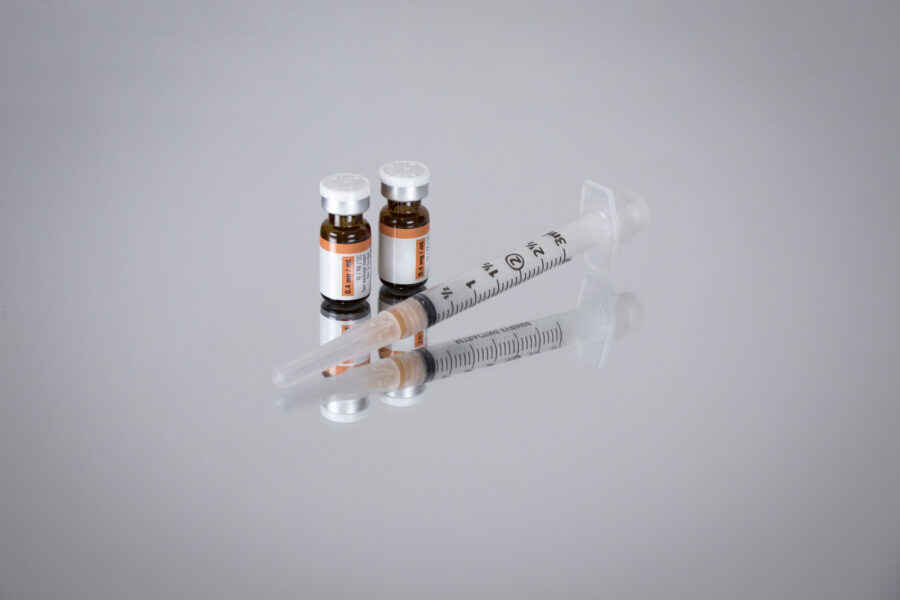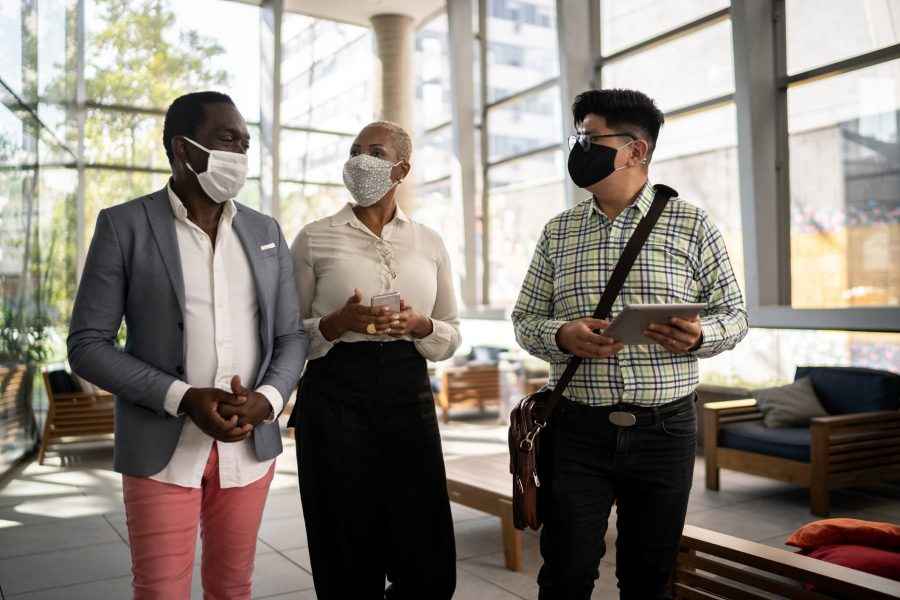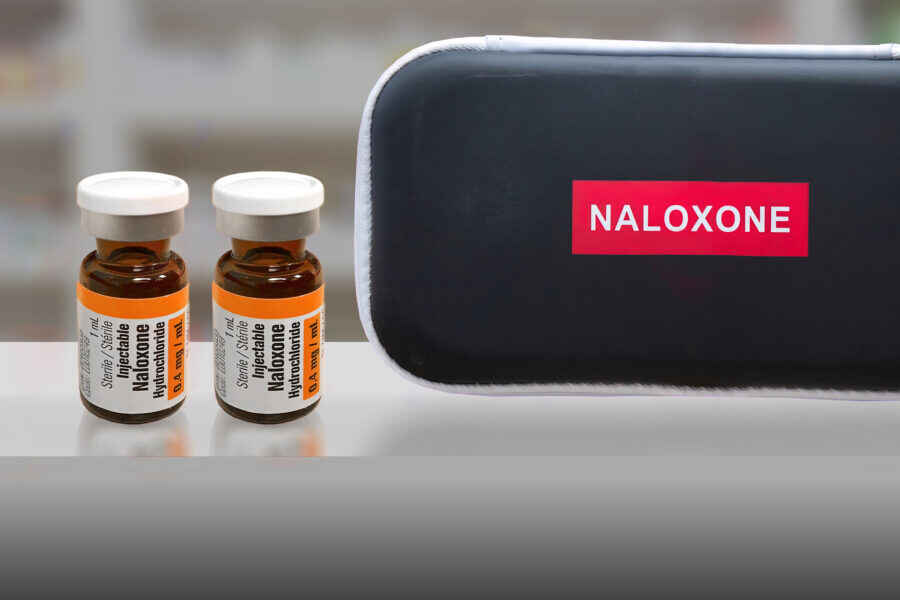
Legality of Dispensing and Administering Expired Naloxone in Texas
Fact SheetHarm Reduction Legal ProjectHarm Reduction Legal Project ResourcesOpioid Misuse and Overdose PreventionTexasIn response to the ongoing opioid overdose crisis, all 50 states and the District of Columbia have modified their laws to increase access to naloxone, the standard first-line treatment for opioid overdose. While these laws have been successful in increasing access to this lifesaving medication, few explicitly address the legality of distributing and administering naloxone that is past its expiration date. These fact sheets discuss the efficacy of expired naloxone in Kentucky and Texas and whether the relative laws in each state permit the distribution and administration of such naloxone.

